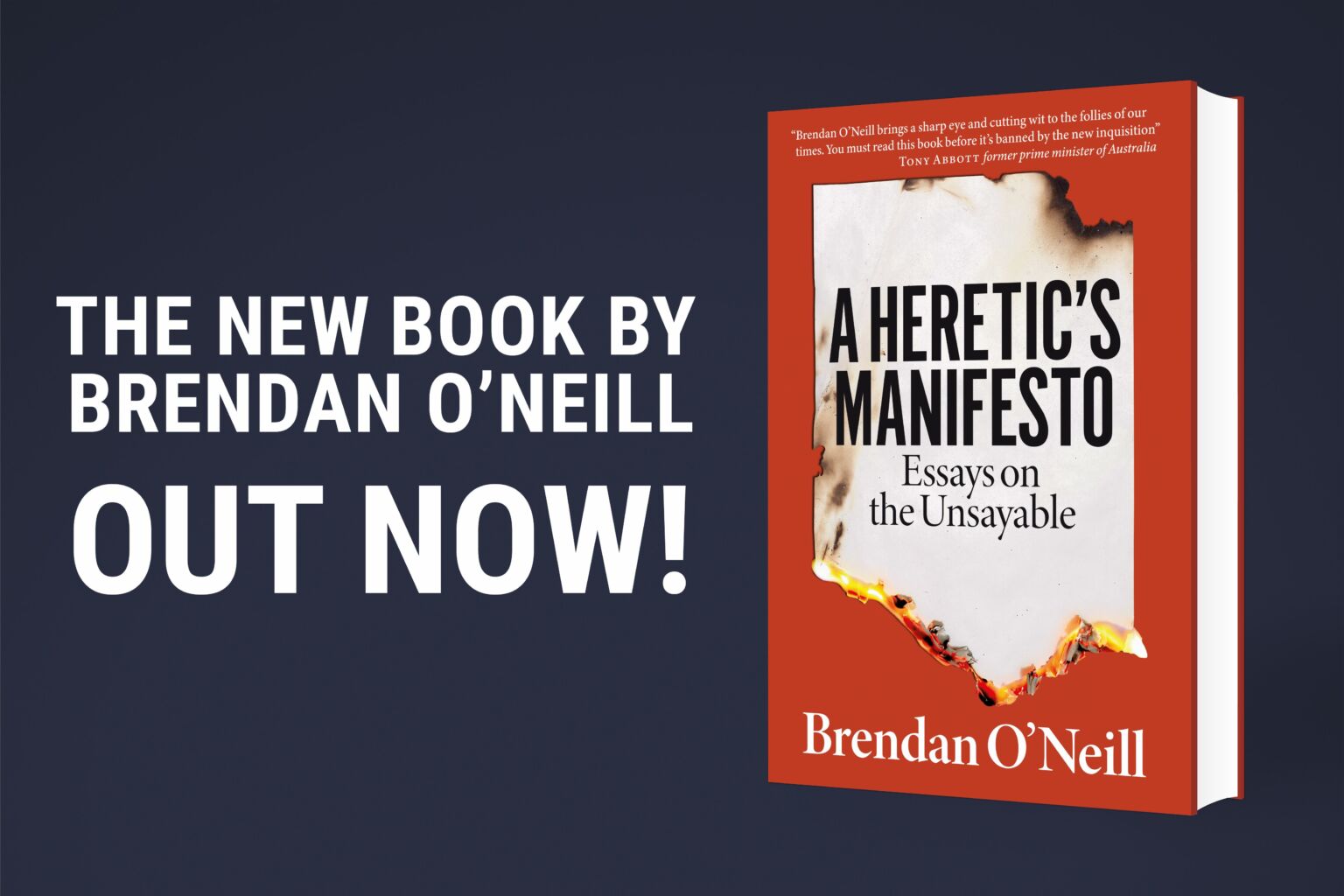The UK’s Net Zero zealotry is harming the world’s poor
So much of our foreign aid is being used to keep the developing world down.

Want to read spiked ad-free? Become a spiked supporter.
UK prime minister Rishi Sunak’s softening on Net Zero will have had many breathing a sigh of relief. This week, Sunak confirmed that oil and gas would still be produced in Britain for the foreseeable future, issuing 100 new drilling licences in the North Sea. This is good news for the UK, but a shift in thinking on climate policy could have huge ramifications for the developing world, too.
Over the past week or so, the UK’s foreign-aid spending has come back into the spotlight. The Foreign Office has warned of disaster if aid spending is not restored to pre-pandemic levels. Similarly, last year, development minister Andrew Mitchell lamented that the UK was losing its status as a ‘development superpower’, thanks to cuts in foreign-aid spending. These warnings echo a commonly held view that more aid improves the lives of the global poor and boosts Britain’s standing in the world. In reality, in most of our dealings with the developing world, Britain has actually been holding other countries back. In recent years, we have used our aid budget and our presence on the world stage to strong-arm developing nations into adopting green policies that are likely to keep them poor.
For several years now, the UK government has promoted Net Zero at home and abroad with a fanaticism reminiscent of Just Stop Oil activists. At the Glasgow COP26 climate conference in 2021, then prime minister Boris Johnson was apocalyptic in his rhetoric, declaring that ‘it’s one minute to midnight on that doomsday clock and we need to act now’. He had the policies to match, too. In Glasgow, the UK led a group of 25 countries to commit to ‘ending international public support for the unabated fossil-fuel-energy sector’. This will make it far more difficult for developing countries to attract finance for new fossil-fuel-energy projects. It’s not hard to see how this will hinder development. No country has ever lifted itself out of poverty without fossil fuels.
Even when COP26 had wound down, the UK continued to bang the drum for Net Zero around the world. Conservative MP and COP26 president Alok Sharma spent 2022 lobbying governments in Indonesia, India and Vietnam to deliver or dramatically increase their Net Zero pledges. Following Sharma’s visit last February, the Vietnamese government enshrined its Net Zero commitment into law. This means Vietnamese farmers will be subject to strict emissions-cutting measures. Vietnam will also have to swap coal-fired power generation for less reliable, renewable energy sources. These restrictions are only likely to hinder, rather than help, the Vietnamese economy. It is especially egregious for the UK to pressure Vietnam into adopting these punishing policies, given that the UK’s current GDP is more than seven times that of Vietnam’s.
Even the aid we send to the developing world is tainted with green caveats. In most years, more of our aid budget is spent via global quangos like the UN than on direct aid to foreign countries. These supranational bodies are also deep in the Net Zero mire.
António Guterres, secretary-general of the UN, argued in June that fossil fuels are ‘incompatible with human survival’. Meanwhile, the UN’s ‘Sustainable Development Goals’ promote the idea that growth should be contained within strict ecological limits. This means prioritising ‘access to green energy’ over powering factories and hospitals. The message is clear: poverty is better than polluting.
Strikingly, even the international organisations we fund whose mandate is unrelated to climate change are taking every opportunity to push for Net Zero. The International Monetary Fund and the World Bank have considered linking debt relief for poor nations to decarbonisation policies. The World Health Organisation also devotes a great deal of time to climate change.
Britain’s Net Zero fixation is a disaster for developing countries. Rishi Sunak desperately needs to reorient the UK’s approach to the world’s poorest. We need to stop acting like a global hall monitor for carbon emissions and start being a voice for progress and development. Right now, Britain’s green zealotry is encouraging poorer nations to immiserate themselves further.
Tom Ryan is a policy analyst at the TaxPayers’ Alliance.
Picture by: Getty.
Celebrate 25 years of spiked!
A media ecosystem dominated by a handful of billionaire owners, bad actors spreading disinformation online and the rich and powerful trying to stop us publishing stories. But we have you on our side. help to fund our journalism and those who choose All-access digital enjoy exclusive extras:
- Unlimited articles in our app and ad-free reading on all devices
- Exclusive newsletter and far fewer asks for support
- Full access to the Guardian Feast app
If you can, please support us on a monthly basis and make a big impact in support of open, independent journalism. Thank you.







Comments
Want to join the conversation?
Only spiked supporters and patrons, who donate regularly to us, can comment on our articles.